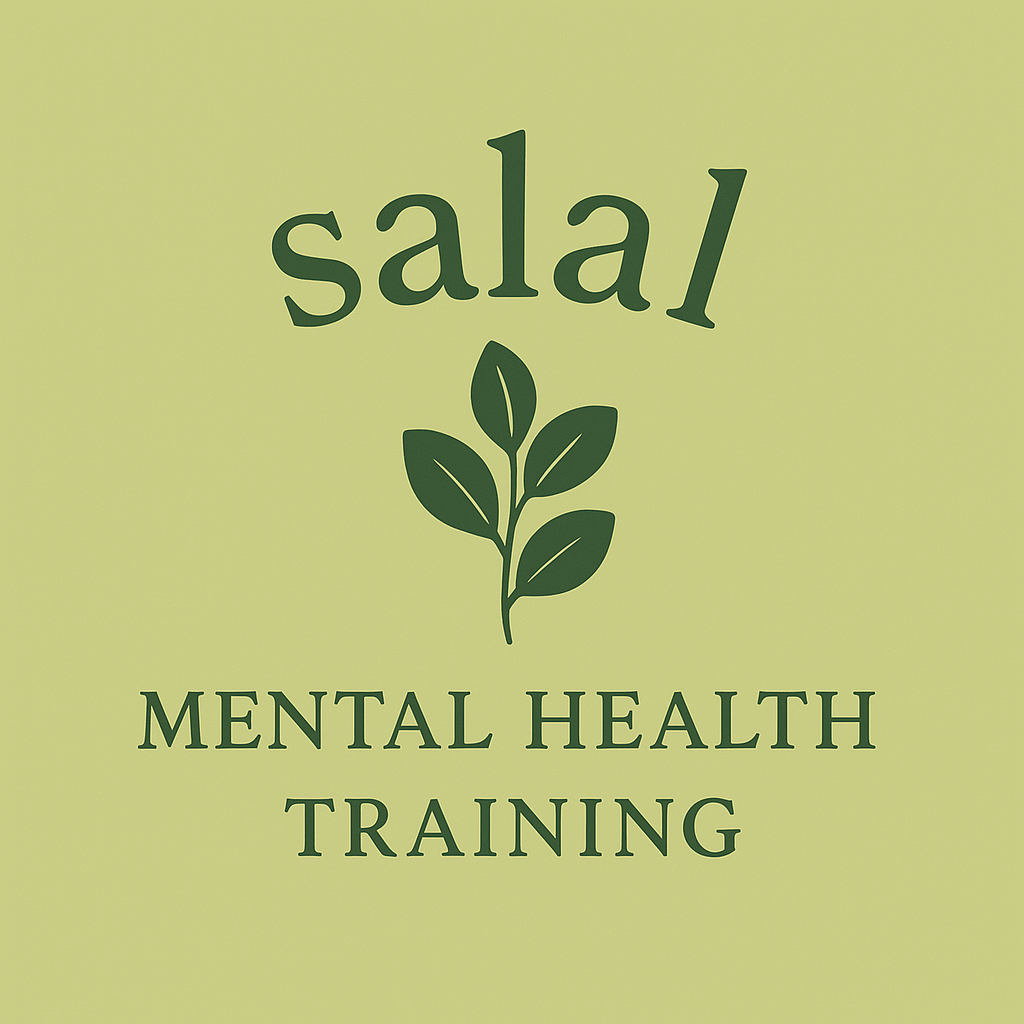Embracing Seasonal Change: How to Support Mental Health This Fall and Winter
- Salal Mental Health Training

- Oct 1
- 3 min read
As the leaves turn vibrant shades of orange and gold and the days grow shorter, many of us feel a shift in mood and energy. The fall and winter months are beautiful seasons, but they can also bring unique challenges for mental health. In Canada, about 2–3% of people experience Seasonal Affective Disorder (SAD), with another 15% experiencing milder seasonal mood changes often referred to as the “winter blues.”
The good news? There are many practical ways to support your mental health during these seasons. Below, we share strategies to help you embrace the beauty of autumn and winter while taking care of your well-being.
Understanding Seasonal Affective Disorder
SAD typically appears during fall and winter, when daylight decreases. Symptoms may include:
Persistent sadness or low mood
Fatigue and lack of energy
Loss of interest in activities you usually enjoy
Irritability, difficulty concentrating, or changes in sleep patterns
This shift in mood is often tied to changes in our body’s natural rhythms and serotonin levels. Recognizing these signs in yourself or a loved one is the first step toward seeking support and finding effective coping strategies.
The Importance of Community Support
Connection is one of the strongest protective factors for mental health. Whether through friends, family, or local organizations, community support can help buffer the winter blues.
Host or join gatherings like a book club, movie night, or potluck.
Talk openly about mental health with people you trust to reduce stigma and strengthen support networks.
Even small, consistent check-ins with loved ones can make a meaningful difference during the darker months.
Embracing Nature
When temperatures drop, it’s tempting to stay indoors, but spending time outside can greatly improve mood and energy. Research shows that even short exposure to nature can lower stress and increase happiness.
Bundle up for a 30-minute walk in a park or forest trail.
Try seasonal activities like hiking under autumn leaves, snowshoeing, or skating.
If outdoor time is limited, bring nature inside with houseplants, cozy wood accents, or artwork featuring natural scenes.

Staying Active
Exercise is one of the most effective tools for supporting mental health. Just 30 minutes of moderate activity a few times per week can ease symptoms of depression and anxiety.
Options to try this season include:
Group fitness classes at a local gym
Home workouts like yoga or bodyweight exercises
Fun outdoor activities such as skiing, skating, or snowshoeing
Prioritizing Self-Care
Shorter days make it even more important to schedule time for yourself. Create a self-care routine that feels sustainable:
Read, craft, or cook something new.
Practice meditation, journaling, or deep breathing.
Dedicate a weekly “self-care hour” for activities that restore you.
Nutrition and Mental Health
What we eat directly impacts how we feel. During colder months, it’s easy to lean on comfort foods, but balanced meals support both body and mind.
Choose seasonal produce like apples, squash, and root vegetables.
Incorporate whole grains, lean proteins, and colourful fruits and vegetables.
Remember that small, consistent choices add up to lasting benefits.
Seeking Professional Help
If you or someone close to you is struggling, professional support can make a powerful difference. Therapists, counsellors, and support groups provide tools and personalized strategies for coping.
In Canada, many communities also offer mental health resources, such as provincial hotlines, peer groups, and free online supports. Reaching out for help is a sign of strength and an important first step toward healing.
Creating a Cozy Environment
As temperatures drop, a warm and inviting home can provide comfort and boost mood. Simple changes can help you create a sanctuary:
Add soft lighting with lamps or candles.
Layer cozy blankets and pillows.
Try soothing scents like cinnamon, cedar, or vanilla.
Consider hosting small gatherings with friends or family. Sharing meals, playing games, or simply enjoying each other’s company can reduce isolation and strengthen connection.

At Salal Mental Health Training, we believe resilience grows stronger in community - just like the interconnected roots of the salal plant. Through evidence-based training, workshops, and conversations, we help workplaces, schools, and organizations build the knowledge and confidence to support mental health year-round.
Together, we can shine light through the darker months and create spaces where people and communities thrive.
Source
Canadian Mental Health Association (CMHA). “Seasonal Affective Disorder and Winter Blues.” https://cmha.ca



Comments